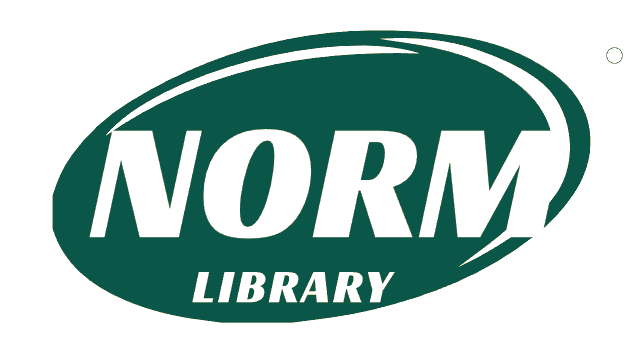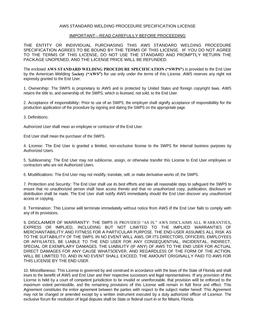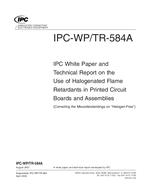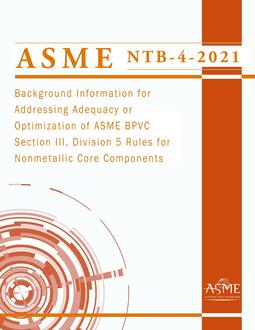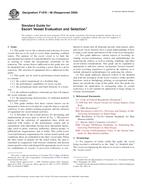
ASTM F1878-98(2009)
Original price was: $83.00.$50.00Current price is: $50.00.
Standard Guide for Escort Vessel Evaluation and Selection
standard by ASTM International, 11/01/2009
1.1 This guide covers the evaluation and selection of escort vessels that are to be used to escort ships transiting confined waters. The purpose of the escort vessel is to limit the uncontrolled movement of a ship disabled by loss of propulsion or steering to within the navigational constraints of the waterway. The various factors addressed in this guide also can be integrated into a plan for escorting a given ship in a given waterway. The selection of equipment also is addressed in this guide.
1.2 This guide can be used in performance-based analyses to evaluate:
1.2.1 the control requirement of a disabled ship,
1.2.2 the performance capabilities of escort vessels,
1.2.3 the navigational limits and fixed obstacles of a waterway,
1.2.4 the ambient conditions (wind and sea) that will impact the escort response, and
1.2.5 the maneuvering characteristics of combined disabled ship/escort vessel(s).
1.3 This guide outlines how these various factors can be integrated to form an escort plan for a specific ship or a specific waterway. It also outlines training programs and the selection of equipment for escort-related activities.
1.4 A flowchart of the overall process for developing and implementing an escort plan is shown in Fig. 1. The process begins with the collection of appropriate data, which are analyzed with respect to the performance criteria and in consultation with individuals having local specialized knowledge (such as pilots, waterway authorities, interest groups, or public/private organizations, and so forth). This yields escort vessel performance requirements for various transit speeds and conditions; these are embodied in the ship’s escort plan. When the time comes to prepare for the actual transit, the plan is consulted in conjunction with forecast conditions and desired transit speed to select and dispatch the appropriate escort vessel (or combination of vessels). A pre-escort conference is conducted to ensure that all principal persons (ship master, pilot, and escort vessel masters) have a good understanding of how to make a safe transit and interact in the event of an emergency.
1.5 This guide addresses various aspects of escorting, including several performance criteria and methodologies for analyzing the criteria, as well as training, outfitting, and other escort-related considerations. This guide can be expanded as appropriate to add new criteria, incorporate “lessons learned“ as more escorting experience is gained in the industry, or to include alternative methodologies for analyzing the criteria.
1.6 This guide addresses physical control of the disabled ship with the assistance of the escort vessel(s). Other possible functions, such as firefighting, piloting, or navigational redundancy, are outside the scope of this guide. Also, this guide was developed for application to oceangoing ships in coastal waterways; it is not suitable for application to barge strings in riverine environments.

FIG. 1 Flowchart of the Overall Process for Developing and Implementing an Escort Plan
Product Details
- Published:
- 11/01/2009
- Number of Pages:
- 21
- File Size:
- 1 file , 400 KB
- Note:
- This product is unavailable in Russia, Ukraine, Belarus
